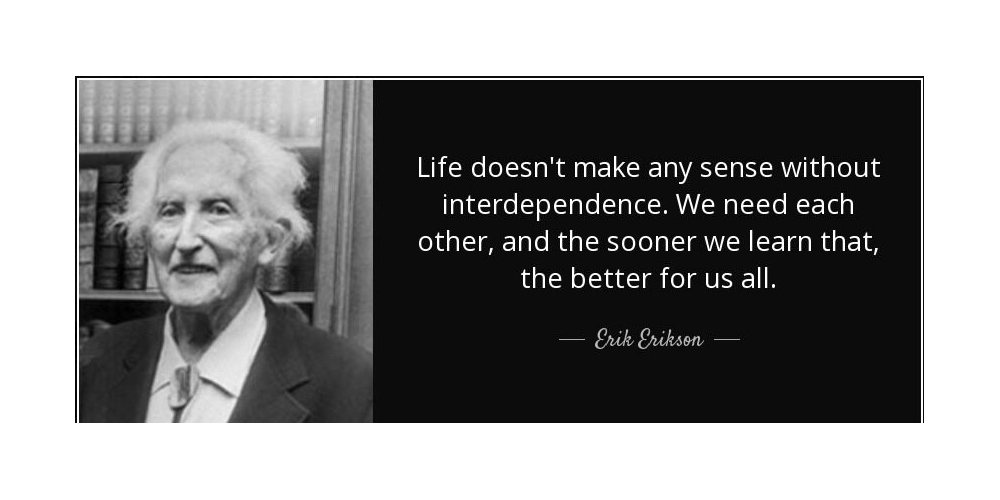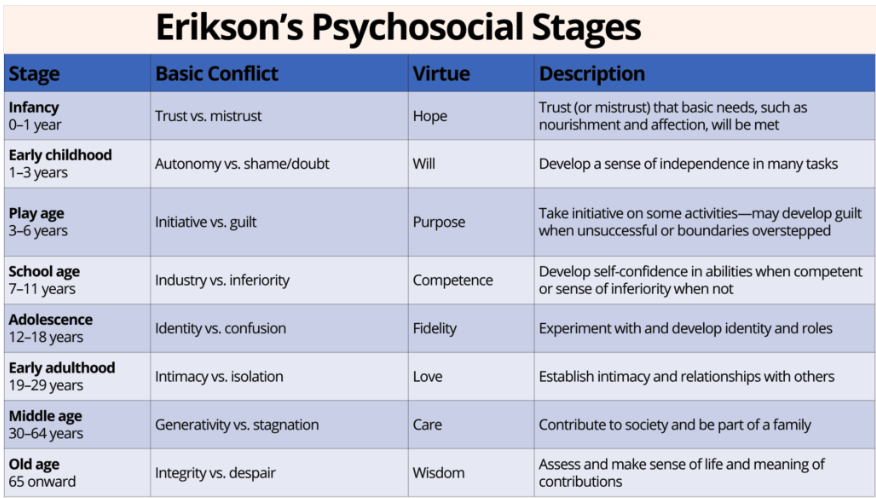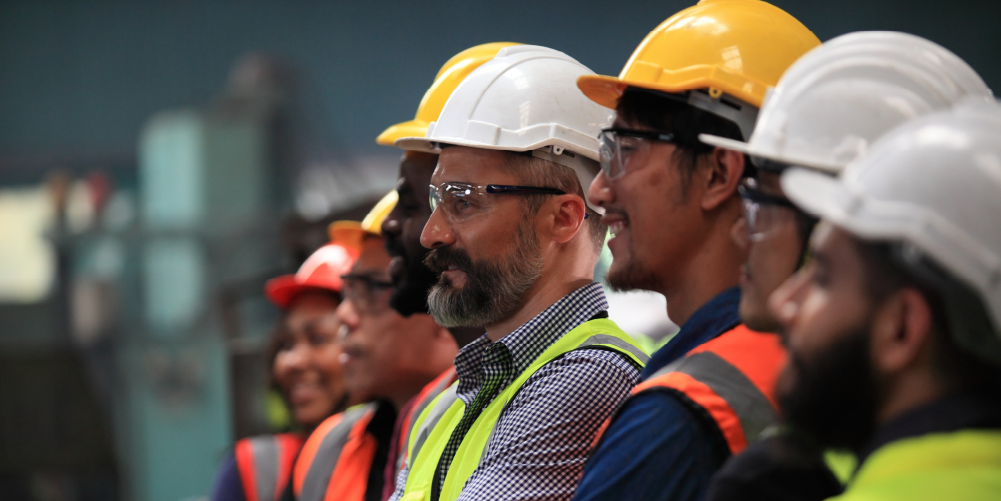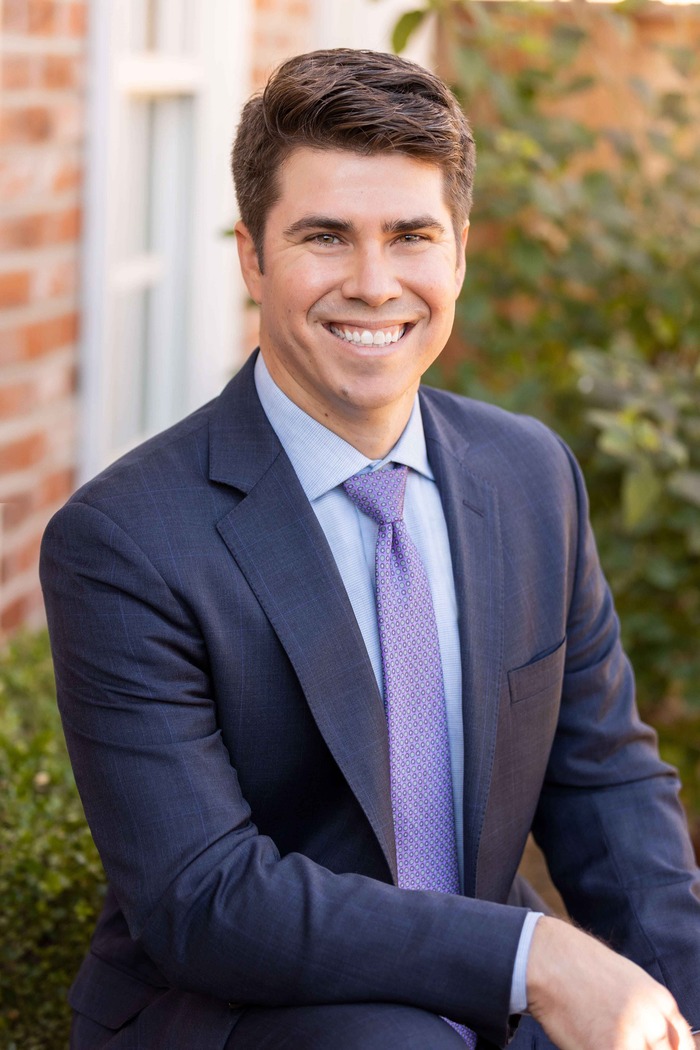
“Life doesn’t make any sense without interdependence. We need each other, and the sooner we learn that, the better for us all.”
― Erik Erikson, Psychologist
I was recently reminded of this fantastic quote by Erik Erikson about the state of being interdependent, by my colleague who has bravely embarked on a graduate degree. Erikson was well known for his theories in developmental and social psychology. His eight stages of development are still often cited as foundational concepts in social psychology to depict how we each move through life from early childhood into adolescence, early adulthood and into adulthood and old age.

But I believe this quote resonates so deeply to me because it honors the unique interdependent nature of our relationships in construction. We don’t build cheap, disposable products, or widgets, and we don’t build software apps that will be continually updated. Instead, it can take 5, 10, or even 20 or more years for a project to be conceived, developed and ultimately constructed and the facilities our teams create are often intended to last forty years or more. I would like to highlight a few reasons why our projects (and relationships) are unique and should to be treated that way.
We are Interdependent
It’s easy to forget that a great project requires that the entire team is effective in their job. Think about it, have you ever been on a successful project where the owner has a great project, the architect is just okay, but the contractor really struggles. This scenario will often lead to quality issues or a financial loss, so the project would be a failure.
In construction, each of the key players relies on the rest of the team. The owner provides the vision, creates the contract requirements, and provides the funding for the project. The architect/engineers take the vision and converts it into digestible drawings. The contractor takes the designs, extrapolates them and implements them to put the facility together.
We Rely on Each Other
Think about a simple submittal. How many individuals from different companies need to review and approve it before something can get ordered. To select the HVAC system, the mechanical subcontractor needs to work with the engineering and design team to make selections or confirm criteria, must organize the submittal per the owner’s team’s requirements, must submit it and ensure the submittal has all of the relevant information and calculations, and then must procure it and install it properly. This single act takes coordination between several layers of management and a high level of sophistication to get it done!
I like to think that teams work along a progression. Borrowing from Erikson, is your team still in its infancy, muddling through adolescence or are you working together as an adult group?

We need Healthy Habits of Project Management
As we think about our large projects, it’s remarkable that we get anything done! Each element that is ultimately installed must be vetted through a variety of levels of management and built to an aligned standard of care. In Partnering we help the team align around a common purpose so the entire team can understand what success looks like. Then, each day, the team needs to focus on ways to effectively communicate needs so they can manage this complex interplay between multiple organizations in order to achieve the project outcomes.
The team needs strong habits related to organizing priorities, making commitments and following through on them, and ultimately, measuring progress toward the final goals. Again, construction is a team sport and part of the magic of our work is that we can only accomplish great things by working together and relying on each other. And on those rare projects where we achieve extraordinary results, we are able to determine the best way to solve thousands of issues together each week.
So, take a moment to think about Eric Erickson’s quote and how our relationships are interdependent. Think about how you are relating to your teammates and how your submittal processes could be improved to make them just slightly better. The entire team will appreciate the focus!
Rob Reaugh is President of OrgMetrics LLC. He facilitates the City and County of San Francisco Collaborative Partnering Steering Committee and currently works with San Francisco International Airport, San Jose International Airport, BART, Caltrans, and others. He holds a Masters’ Degree in Alternative Dispute Resolution.
For more information please contact Rob Reaugh, RobReaugh@Orgmet.com / (925) 487-2404 (cell), or OrgMetrics, (925) 449-8300.


 Rob Reaugh is President of OrgMetrics LLC. He facilitates the City and County of San Francisco Collaborative Partnering Steering Committee and currently works with San Francisco International Airport, San Jose International Airport, BART, Caltrans, and others. He holds a Masters’ Degree in Alternative Dispute Resolution.
Rob Reaugh is President of OrgMetrics LLC. He facilitates the City and County of San Francisco Collaborative Partnering Steering Committee and currently works with San Francisco International Airport, San Jose International Airport, BART, Caltrans, and others. He holds a Masters’ Degree in Alternative Dispute Resolution.